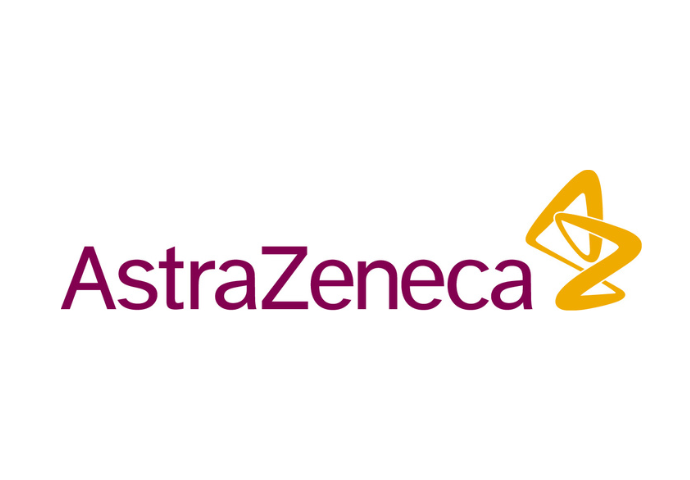AstraZeneca will present 19 abstracts, including 10 oral presentations and five late-breaking presentations, at the European Society of Cardiology (ESC) Congress from 25-28 August 2023, which includes data highlighting the opportunities for improved management in heart failure (HF), and AstraZeneca’s leadership across the interconnectedness of chronic diseases.
Among these abstracts will be sub-analyses from the DELIVER trial – a trial that has been pivotal in informing updates to medical guidelines. Notably, new late-breaking data from a pooled analysis of DELIVER and DAPA-HF trials assess the efficacy of Forxiga (dapagliflozin) versus placebo in HF patients whose eGFR levels fell below 25ml/min/1.73m2. The findings showed a marked elevation in the risks of CV outcomes in patients with deteriorating kidney function, further reinforcing the connection between heart failure and kidney disease. These patients appeared to benefit with continued treatment of Forxiga.1
New cardiopulmonary data from a sub-analysis of the DELIVER trial demonstrate the effects of Forxiga in patients with HF with preserved ejection fraction (pEF) and chronic obstructive pulmonary disease (COPD) - a common comorbidity that is associated with worse outcomes.2 In addition, findings from a multi-database cohort study, EXAcerbations of COPD and their OutcomeS in CardioVascular diseases (EXACOS-CV), illustrate increased COPD-driven cardiopulmonary risk including that of decompensated HF, acute coronary syndrome, arrhythmia, and ischemic stroke following a COPD exacerbation.3
Ruud Dobber, Executive Vice President and President, BioPharmaceuticals Business Unit, AstraZeneca, said: “We are proud of the continued practice-changing evidence from Forxiga trials, informing updates that recognise SGLT2 inhibitors as the first and only HF therapy with a class 1A recommendation. Our data presented at ESC 2023 reinforce how cardiorenal and cardiopulmonary diseases are complex and interconnected; diseases of one organ system negatively impacting another. It’s by understanding their interconnections that we’ll be able to detect, diagnose and treat people earlier and more effectively for better outcomes.”
Additional data being presented include:
- A late-breaking presentation on the rationale and innovative design of the registry-based randomised DAPA-MI trial in patients without type 2 diabetes with acute myocardial infarction.4
- A late-breaking investigator-supported study, which is the first to show data on the efficacy and safety of the early use of Forxiga in patients admitted with acute decompensated HF. This study includes a broad heart failure population in the acute HF setting, irrespective of their ejection fraction or glycaemic status.5
- A late-breaking presentation on the use of artificial intelligence to automate the analysis of point of care handheld transthoracic echocardiography in a real world cohort of patients with suspected heart failure.6
- Real world data from EVOLUTION HF in the UK that shows the treatment inertia that still exists around initiation of guideline-directed medical therapy after a recent hospitalisation for HF (hHF).7
- Investing in new approaches with early science results from a Phase I trial showing the safety, tolerability, and pharmacokinetics of AZD5462. This is a selective relaxin family peptide receptor 1 (RXFP1) agonist which mimics the pregnancy hormone relaxin and its actions on systemic haemodynamics and kidney function, following a single ascending dose and multiple ascending doses administration.8
Cardiorenal diseases affect hundreds of millions of people around the world.9 One in three people has multiple chronic conditions such as cardiovascular disease, type-2 diabetes, chronic kidney disease, or heart failure.10,11 Cardiorenal diseases account for four of the top 10 causes of death, globally.12 The economic cost of cardiorenal diseases is skyrocketing, (more than $28 trillion from 2023 to 2030) placing a heavy burden on societies, healthcare systems, and governments.13 These impacts are compounded by common comorbid conditions such as COPD, which is the third leading cause of death globally and significantly increases the risk of cardiovascular events.12,14
Read full press release below



